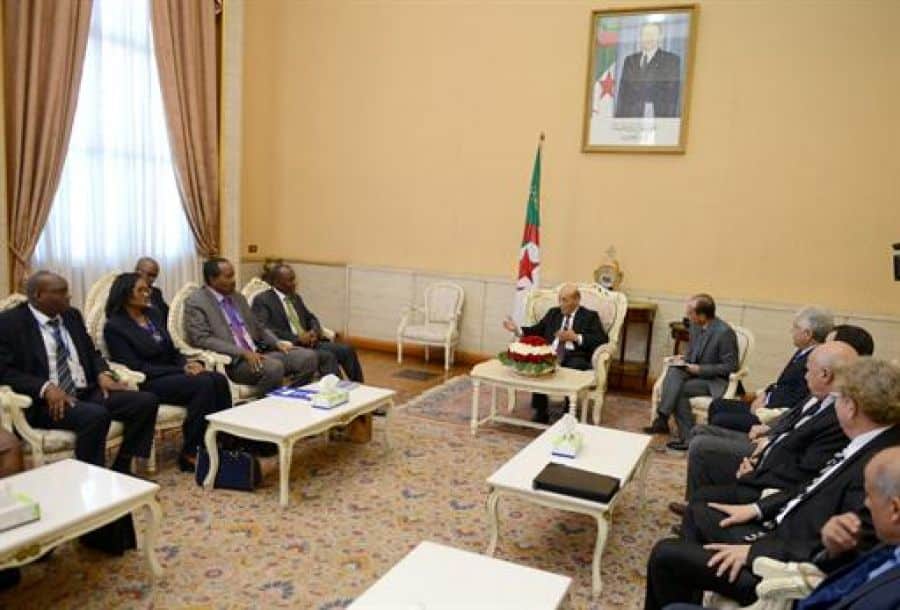The Renewable Energies and Energy Efficiency Commission (CEREFE) recommended, in its first annual report, the generalization of solar electricity in the agricultural world in order to support its development and meet its growing needs.
Thus, it is recommended to generalize the concept of micro-grid which “fits perfectly with the nature of the needs, increasingly important, in electrical energy of the agricultural world, and the availability of spaces suitable for the deployment of renewable resources (plates on the ground, large areas of usable roofs) ”, according to the CEREFE report, of which the APS has obtained a copy.
Indeed, farmers can diversify their activities by locally producing at least part of the electricity they need from renewable resources, and can even opt to inject any excess into the network for a remuneration that remains to be defined by the network manager.
This alternative is to be generalized over all 2,800 large agricultural areas not yet connected, while nearly a thousand are already, according to data published in the report.
In addition, CEREFE highlighted the importance of making available small installations for the autonomous generation of solar photovoltaic electricity, with storage capacity adapted by batteries, for the benefit of certain populations in rural areas, in particular nomads, and this, “through targeted subsidies, if connection to the national electricity grid proves to be excessively expensive”.
This approach has already been initiated by the High Commission for the Development of the Steppe (HCDS), which covers the 26 wilayas of the high plateaus, the General Directorate of Forests (DGF), the Commission for the Development of Saharan Agronomy (CDARS) as well as as certain Directorates of Agricultural Services (DSA) and, recently, by the Ministry of the Interior.
According to the report, solar kits distributed in isolated areas by HCDS, DGF and CDARS accumulated, in 2019, a production capacity of 3,365 KWp.
However, it is noted that a large number of these kits were put aside by the beneficiaries “from the first small breakdown”, for lack of appropriate maintenance services, according to the Commissariat which recommends, on this point, to use this. “Source of employment” through appropriate training and minimal state aid for the benefit of local youth.
In addition to solar kits, the agricultural world in Algeria must acquire specific installations for the autonomous generation of solar electricity, which can help to substantially improve its energy independence from the electricity grid, notes CEREFE.
In this context, the report specifically cites solar pumping of water, which represents a “reliable and perfectly mature device” on the technical level.
The production capacities installed by institutions under the Ministry of Agriculture (HCDS, DGF and CDARS) in the context of solar systems and wind systems for water pumping reached, in 2019, respectively, 664 KWp and 46 KWc, based on report data.
CEREFE also recommends extending the autonomous generation of solar electricity in the agricultural world to all sectors of activity, to meet specific and very limited needs in electrical energy (isolated transmission relays, solar lighting, beaconing , mobile equipment).














